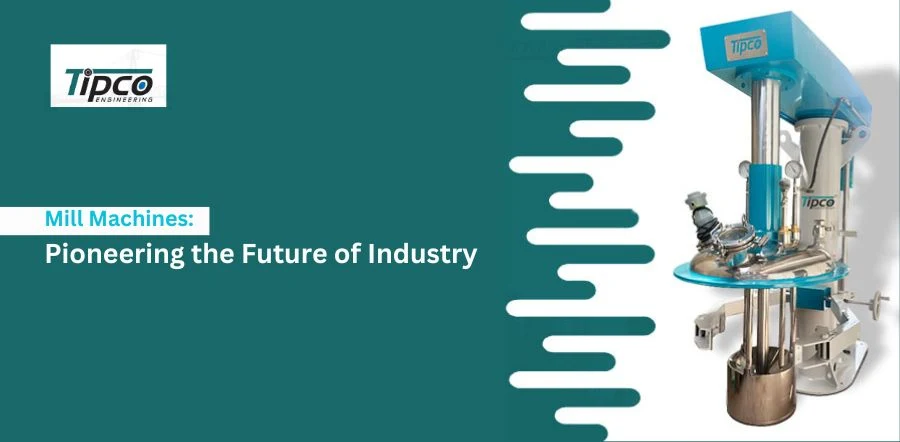Mill Machines: Pioneering the Future of Industry
The role of Mill Machines is becoming increasingly pivotal. From shaping raw materials to precision engineering intricate components, mill machines are the backbone of modern manufacturing.
This article delves into the transformative potential of mill machines and their significance in shaping the future of industry.
Evolution of Mill Machines:
Mill machines have come a long way from their humble origins. Originally developed for grinding grain, they have evolved into versatile tools capable of a myriad of tasks.
Today, mill machines encompass a wide array of equipment, ranging from traditional horizontal and vertical mills to advanced CNC (Computer Numerical Control) machining centers.
Types of Milling Machines:
Understanding the various types of Milling Machines is crucial for selecting the right equipment for specific applications.
Horizontal mills, vertical mills, and universal mills are among the most common types.
Each type offers distinct advantages depending on factors such as precision requirements, material characteristics, and production volume.
Milling Machine Uses:
The versatility of milling machines extends across numerous industries, including aerospace, automotive, healthcare, and beyond.
From producing intricate aircraft components to fabricating medical implants with precision, the applications of milling machines are virtually limitless.
They are indispensable in prototyping, production, and maintenance processes, facilitating efficiency and accuracy in manufacturing operations.
Milling Machine Manufacturer:
Choosing a reputable Milling Machine Manufacturer is paramount to ensuring reliability, performance, and support.
Leading manufacturers employ cutting-edge technology and rigorous quality control measures to produce high-quality machines tailored to meet diverse customer needs.
From small-scale workshops to large-scale industrial facilities, reliable milling machine manufacturers cater to a wide spectrum of requirements.
Mill Machines Price:
Investing in milling machines entails considering factors such as initial cost, operating expenses, and long-term returns on investment.
While high-quality machines may command a higher price, they often offer greater precision, durability, and efficiency, leading to enhanced productivity and cost-effectiveness in the long run.
Moreover, some manufacturers offer financing options and after-sales support to facilitate acquisition and maintenance.
Future Outlook:
As technology continues to advance, the future of mill machines holds promise for even greater innovation and efficiency.
Integration of AI (Artificial Intelligence) and IoT (Internet of Things) technologies is poised to revolutionize the manufacturing landscape, enabling predictive maintenance, autonomous operation, and real-time optimization of production processes.
Furthermore, advancements in materials science and additive manufacturing techniques are expanding the horizons of what Milling Machines can achieve, opening doors to unprecedented possibilities in design and fabrication.
Conclusion:
Mill machines are at the forefront of driving innovation and progress in the industrial sector.
Their versatility, precision, and efficiency make them indispensable tools in manufacturing processes across various industries.
As we look to the future, the evolution of mill machines will continue to shape the landscape of industry, ushering in new opportunities and pushing the boundaries of what is possible.
Embracing the potential of mill machines is key to staying competitive in an ever-evolving global market.
Also read: Exploring The Cost Range Of Milling Machines In India




Comments
Post a Comment